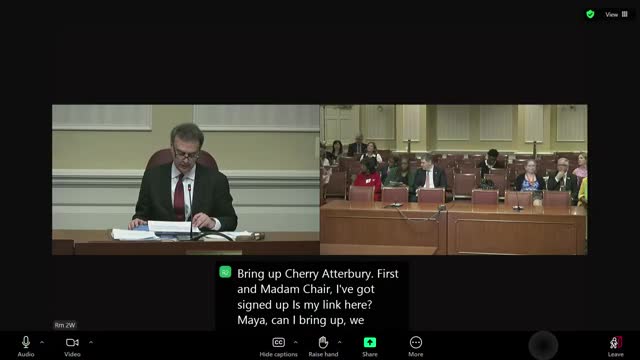Article not found
This article is no longer available. But don't worry—we've gathered other articles that discuss the same topic.
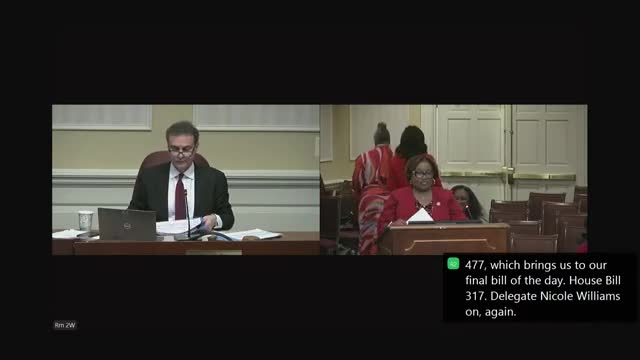
Bill to pilot curbside voting in Maryland advances to committee hearing after sponsors emphasize access for voters with mobility limitations
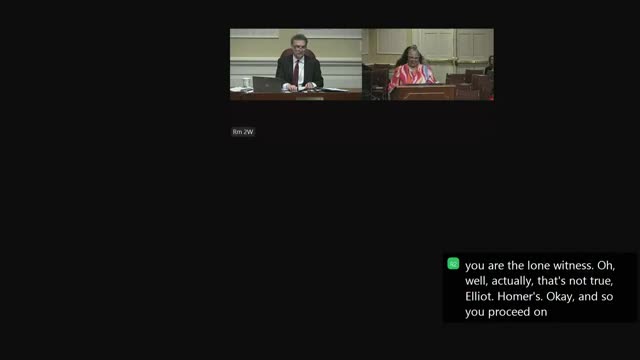
Committee hears bills aimed at easing childcare supply strain: MSDE study of ratios and DGS facility assessment proposed
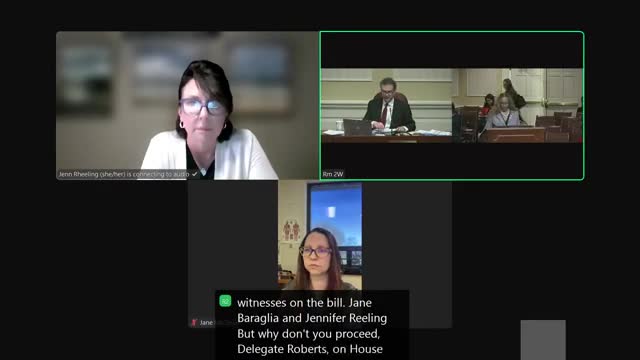
Delegate urges athletic trainers or rapid ambulance access at high school football games; trainers press for profession-specific standard
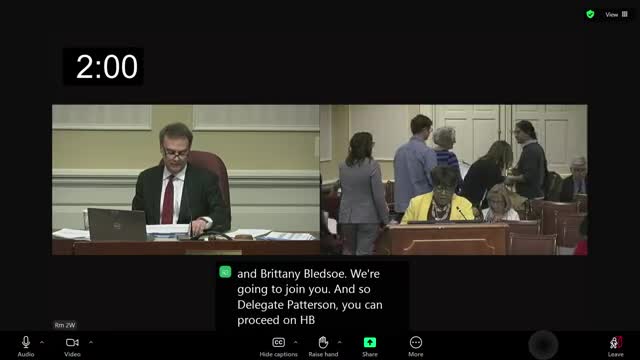
After child's drowning, committee hears bill requiring same‑day notification and IEP review for student elopement
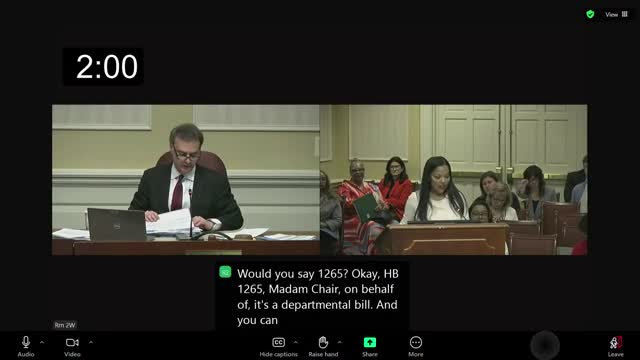
Senate panel hears bipartisan bill to narrow and standardize school 'reportable offenses' and improve information sharing
